“We are moving from a chaotic world to a fragmented if not a wild world,” said Stellantis CEO Carlos Tavares in the very start of his speech to investors as the company revealed record profits.
The big automotive companies last week revealed almost universally excellent financial results, led by Stellantis’s incredible 14.1% profit margin.

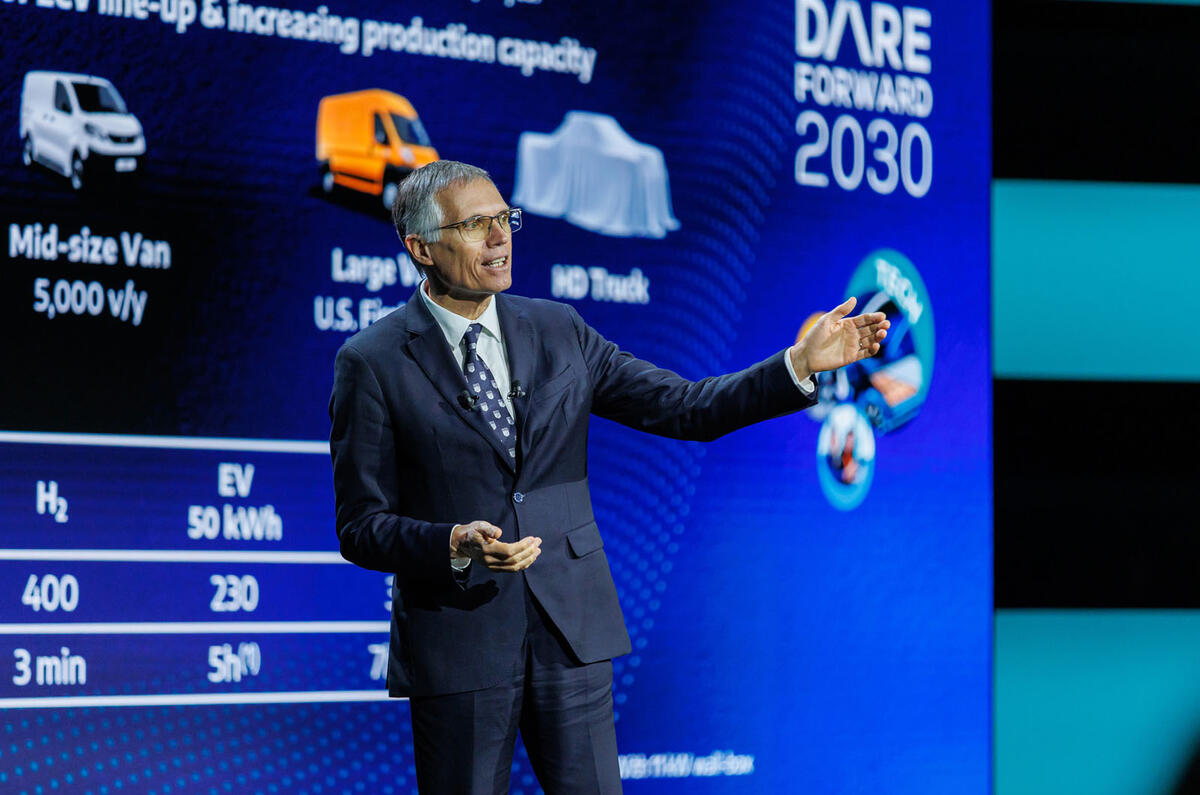
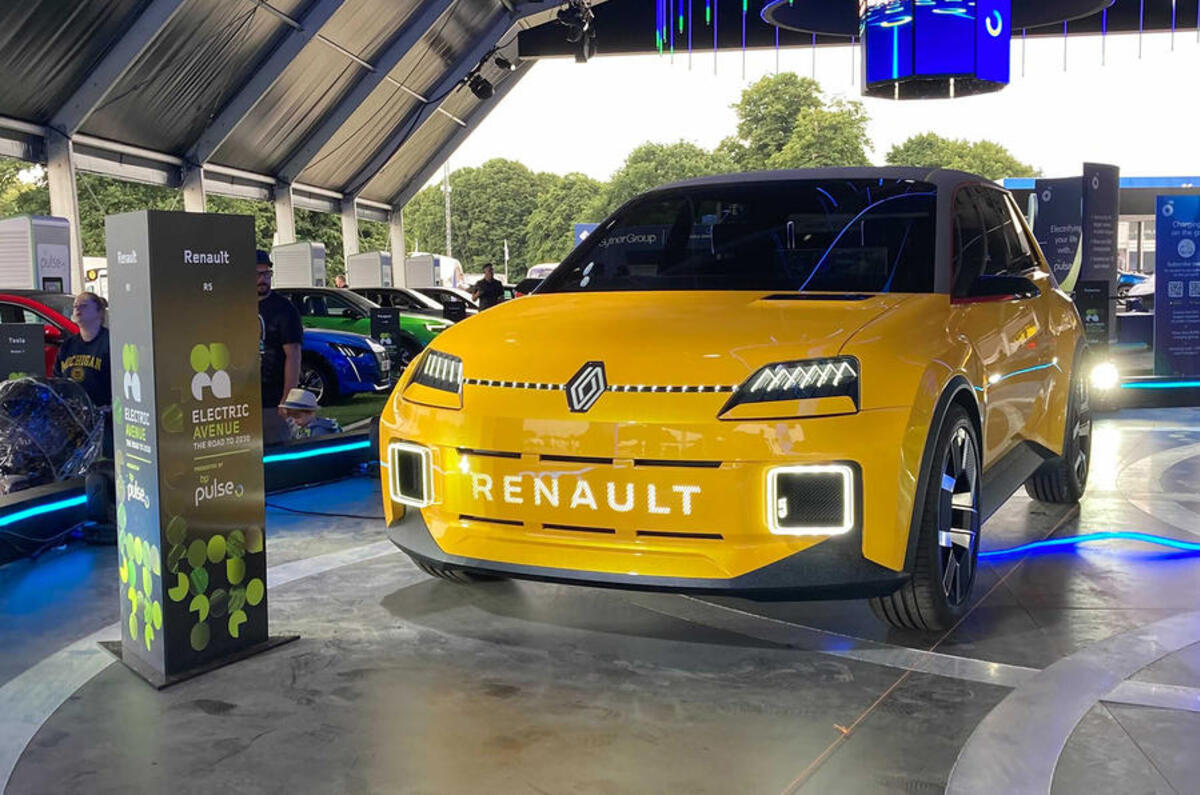
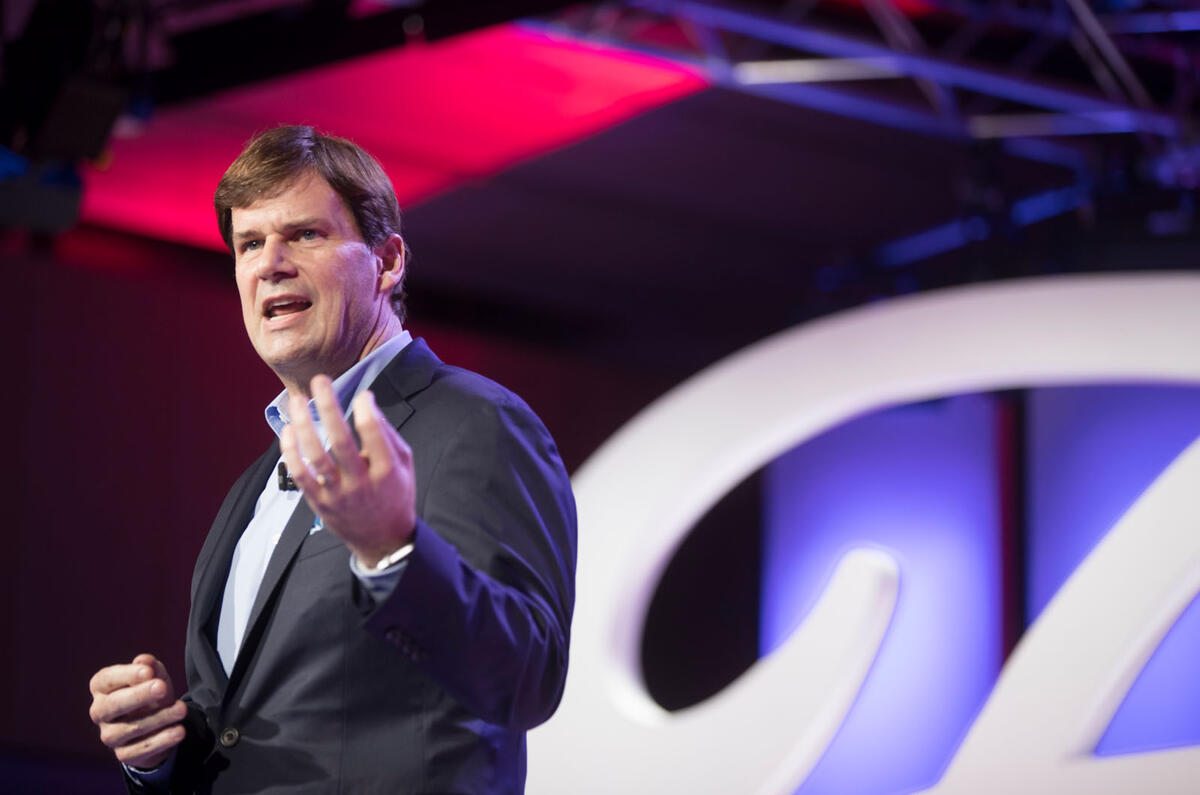
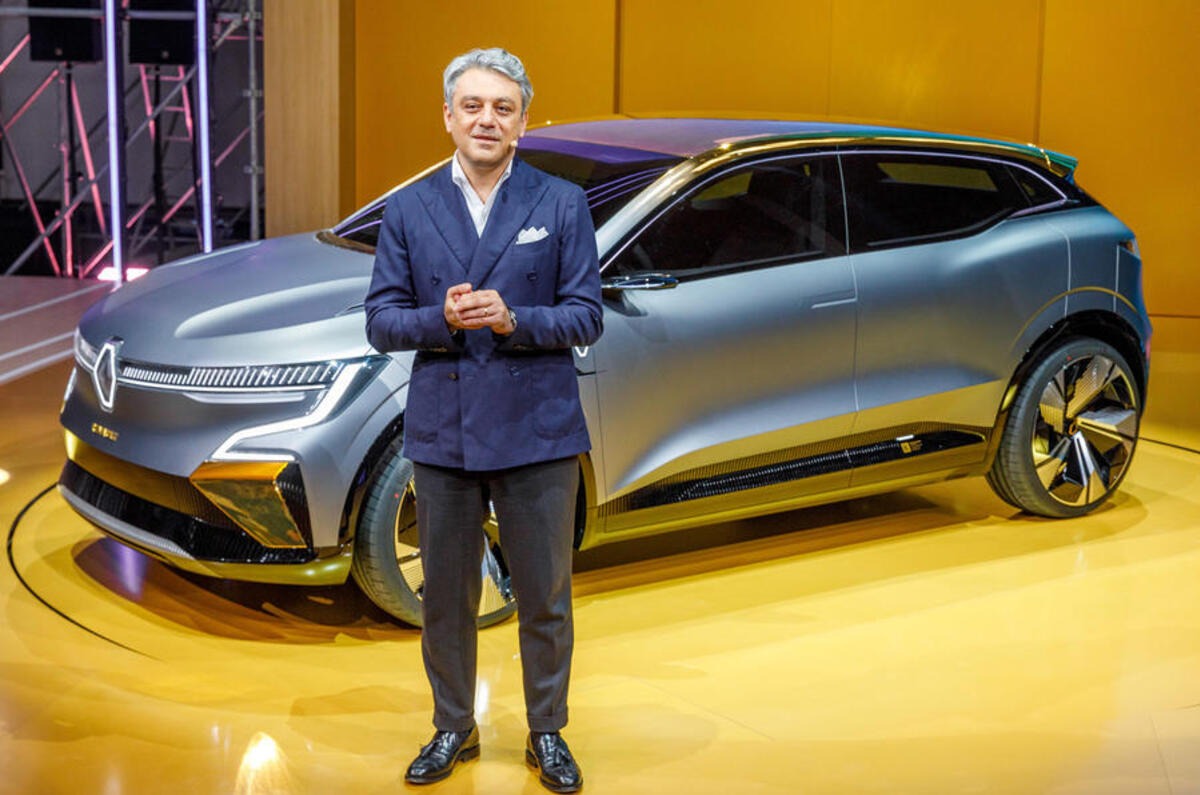
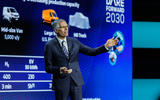





Add your comment